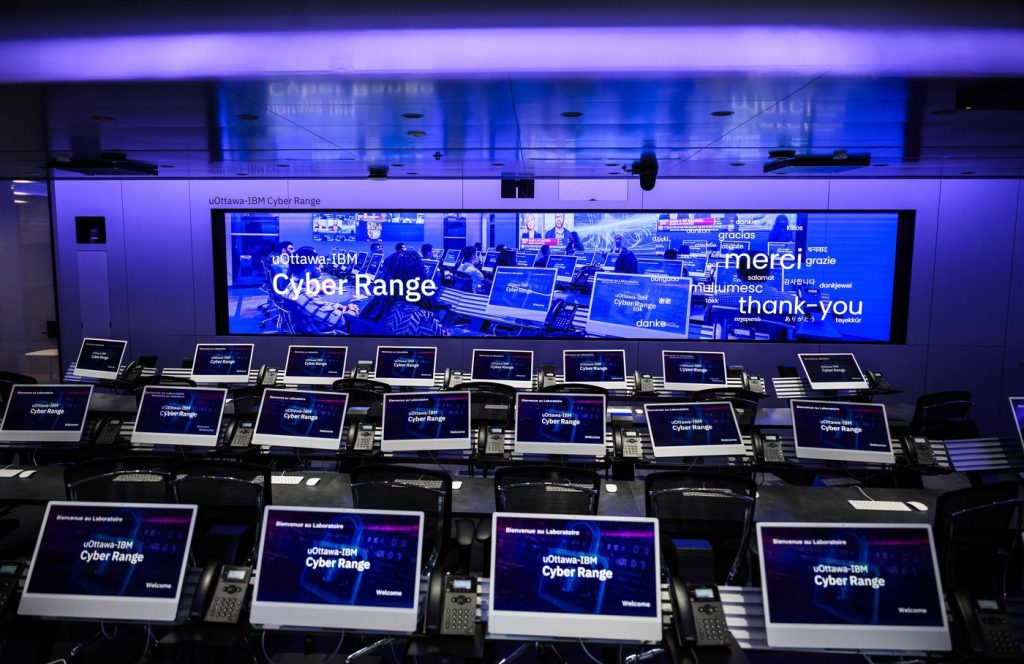According to a recent report released by IBM and the Ponemon Institute, the global average cost of a data breach has decreased for the first time in five years, dropping to $6.4 million between March 2024 and February 2025, down from $6.6 million the previous year. However, this trend does not extend to Canada, where the average cost of a data breach has risen significantly.
Specifically, the average cost of a data breach in Canada has surged by 10.4%, reaching $6.98 million in the latest reporting period compared to $6.32 million the year before. Daina Proctor, IBM Canada’s security delivery leader, attributes this increase to rising expenses related to detection and escalation. These costs encompass forensic investigations, regulatory responses, legal counsel, and crisis communications, all of which have spiked in Canada.
Detection costs in Canada now average around $470,000, while post-breach recovery costs are estimated to be approximately $270,000. Proctor noted that the higher costs in Canada are also influenced by “slower adoption of AI-driven defenses and governance gaps.” As cybersecurity incidents become more prevalent, the importance of adopting cutting-edge technologies to fend off attacks is becoming increasingly evident.
The report highlights that various Canadian organizations, including Nova Scotia Power, the College of New Caledonia in Prince George, and PowerSchool, the education software provider, have faced cybersecurity issues over the past year. Breaches can have extensive financial repercussions, as they are often complex to detect and involve time-consuming recovery processes that require a multitude of professional resources, potentially disrupting services for both customers and employees.
While many countries have seen a decline in costs associated with data breaches due to shorter investigation periods, Canada is among several countries that have bucked this trend. The report also revealed that the cost of data breaches rose in the United States, India, the Association of Southeast Asian Nations, and Benelux countries, where the average breach cost in the U.S. reached a record $10.22 million, marking a nine percent increase from the previous year.
The research further delves into the specific sectors most affected by data breaches, with the healthcare sector being the most impacted, followed by financial, industrial, and energy industries. A significant factor contributing to breaches is the use of shadow artificial intelligence, which occurs when employees use AI tools without employer approval or oversight. Proctor pointed out that shadow AI represents a considerable blind spot for organizations today, where workforce productivity is boosted at the expense of security vulnerabilities.
Shadow AI systems often handle sensitive data and link to external platforms that companies cannot control. When attackers exploit the vulnerabilities present in these systems, it can lead to substantial breaches affecting entire systems and supply chains. In fact, 20% of the organizations surveyed reported experiencing a breach linked to incidents involving shadow AI.
The report estimates that organizations with high levels of shadow AI incurred an additional cost of approximately $967,011 on average for each breach compared to those with minimal or no use of shadow AI. Additionally, breaches involving shadow AI tend to compromise greater amounts of personal identifiable information and intellectual property.
To mitigate risks associated with shadow AI, Proctor advises organizations to provide employees with more approved AI tools and conduct regular audits to identify gaps in their offerings and ensure compliance among staff. The insights from this report underline the significance of addressing the evolving landscape of cybersecurity threats through proactive measures.











